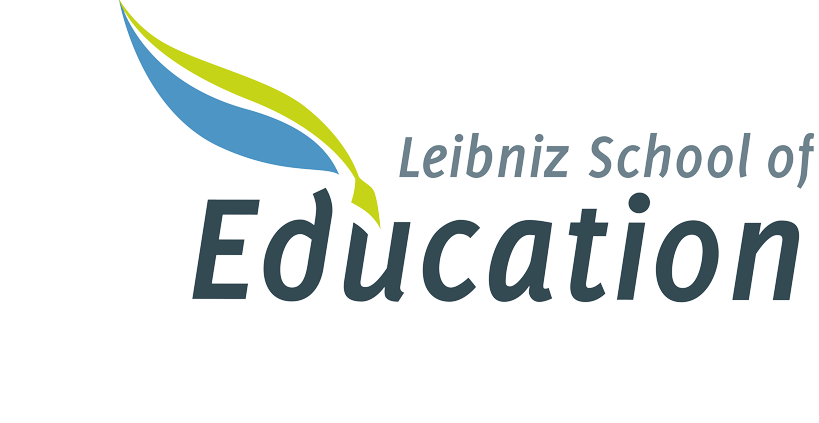Teaching Change
Education for Sustainable Development (ESD) in teacher education
The project "Teaching Change - Development and testing of teaching concepts on basic climate protection and sustainability topics in teacher training" aims to sensitize prospective teachers and special educators across subjects and school types in their important role as multipliers for sustainability and social change to strengthen. To this end, ESD should be integrated into teaching as a cross-cutting topic.
#LernenVernetzt
The #LernenVernetzt project emerged from a cooperation between the Leibniz School of Education (LSE), the Institute for Educational Science (IEW) and the IGS quality network in Hanover and the region (Q-IGS) and has been organizing since the outbreak of COVID-19 Pandemic student support for teaching staff and learners in schools and educational institutions. Students take on a variety of tasks. For example, they act as learning companions for the students, they actively help shape the lessons or support the pedagogical specialists in their preparation and follow-up work. The cooperation between students and educational staff takes place with regard to the needs of the actors in attendance and/or digitally. The focus is always on the individual needs of the learners and the main goal of the #LernenVernetzt project: to make a decisive contribution to shaping a more educational future.


